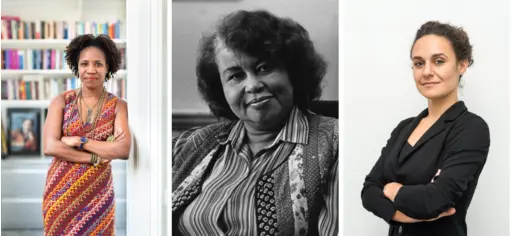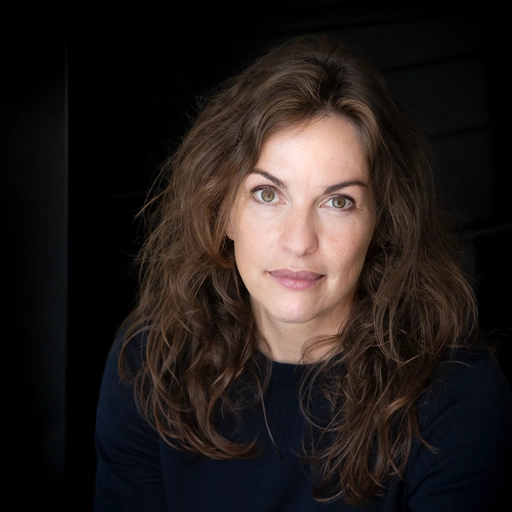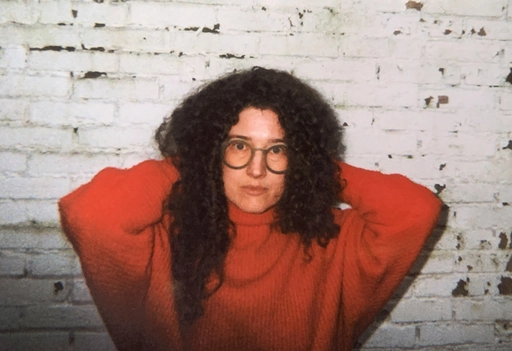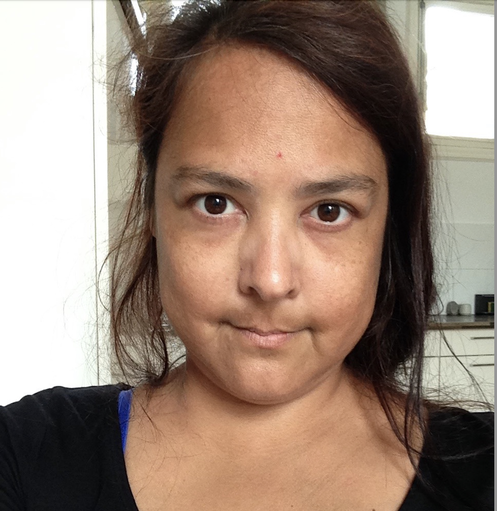news 08 Jan 25
The Art & Spatial Praxis research group gather monthly with the Plot(ting) research group to discuss theoretical and material manifestations that align with Sylvia Wynter’s concept of the plot. Over the past month, they delved into three powerful texts that engage with the intersections of race, gender, memory, and the politics of silence.

Sylvia Wynter: “Beyond Miranda’s Meanings: Un/silencing the ‘Demonic Ground’ of Caliban’s ‘Woman’”
Wynter’s afterword to Out of the Kumbla: Caribbean Women and Literature (1990) critiques colonial epistemologies and how dominant narratives have historically silenced and dehumanized marginalised voices. Wynter critically engages with Shakespeare's The Tempest and its characters—Miranda, Prospero, and Caliban—to reinterpret the colonial and gendered dynamics embedded in the play. By introducing the figure of Caliban’s woman, Wynter examines the processes of silencing and resistance, theorising a “demonic ground” as a site of dehumanisation and generative possibility.
Hanna Al-Taher & Anna-Esther Younes: “Lebensraum, Geopolitics and Race—Palestine as a Feminist Issue in German-Speaking Academia”
This 2023 paper by German-Palestinian feminist scholars (published in Ethnography) critically investigates the intersections of geopolitics, race, and feminism. Our focus was on the section The Politics of Silence, Silencing, and Speaking, which examines the ways in which silence operates as a political strategy in academia and beyond, particularly in the context of the destruction of Palestinian life by Western powers.
Tina M. Campt: Other Germans: "Black Germans and the Politics of Race, Gender, and Memory in the Third Reich"
In the introduction to this foundational work, Campt uses oral history interviews with Afro-Germans who survived the Third Reich to explore racialised memory. Her analysis uncovers the politics of inclusion and exclusion in dominant historical narratives, demonstrating how silence shapes collective memory.
Discussion Questions
How does the current moment—marked by Europe’s and the U.S.’s complicity in a live-streamed genocide—expose the insistence on the Holocaust as a “singular story”?
In what ways does black feminist knowledge production disrupt the hegemony of “singular stories,” including the concept of “woman” as a universal category?
Thinking with Audre Lorde, which silences are we called to break, and how?
research group
Art & Spatial Praxis
Art & Spatial Praxis
project
Plot(ting)
Plot(ting)






